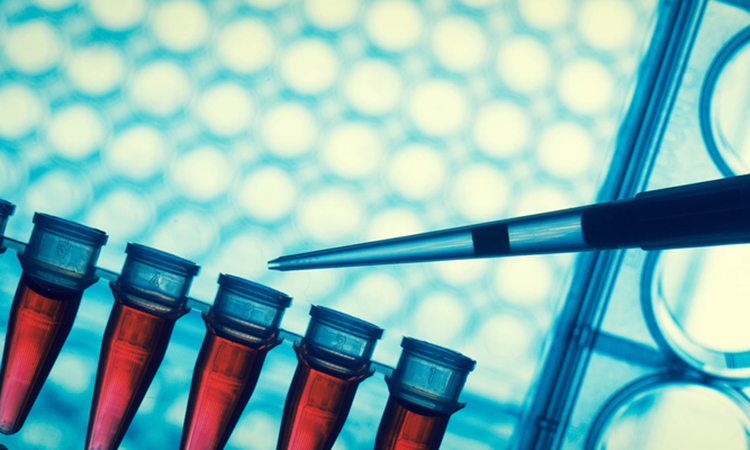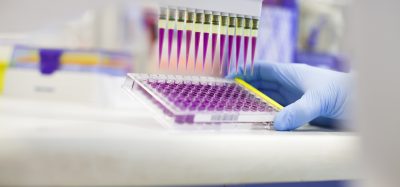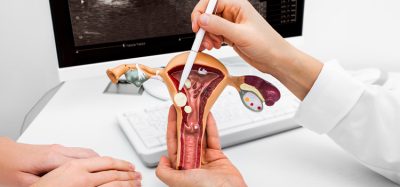Assay developed to detect cathepsin B in blood samples
Posted: 19 April 2021 | Victoria Rees (Drug Target Review) | No comments yet
Scientists have created an assay to detect the protein cathepsin B in blood, a biomarker for a range of diseases.


Scientists have demonstrated the potential of a novel blood test for cathepsin B, a well-studied protein important to brain development and function, as an indicator for a range of disease states. The new assay was developed at the Walter Reed Army Institute for Research, US.
The team say that cathepsin B plays an important role in the body, regulating the metabolism, immune responses, degradation of improperly produced proteins and other functions. Under certain conditions, such as metastatic cancers, infections, trauma and neurological disease, cathepsin B production is upregulated. Recent research published by the scientists highlighted the potential of cathepsin B as an indicator or biomarker of the severity of traumatic brain injury.
In the new study, the researchers demonstrated an ultrasensitive assay to measure cathepsin B in blood. While high levels of cathepsin B are readily detectable in aspirates, biopsies and cerebrospinal fluid, a blood test is particularly desirable due to its ease of use with little risk to the patient.
Biomarkers are redefining how precision therapies are discovered, validated and delivered.
This exclusive expert-led report reveals how leading teams are using biomarker science to drive faster insights, cleaner data and more targeted treatments – from discovery to diagnostics.
Inside the report:
- How leading organisations are reshaping strategy with biomarker-led approaches
- Better tools for real-time decision-making – turning complex data into faster insights
- Global standardisation and assay sensitivity – what it takes to scale across networks
Discover how biomarker science is addressing the biggest hurdles in drug discovery, translational research and precision medicine – access your free copy today
“Although cathepsin can be abundant in some tissues, accurate measurement in blood has been a challenge, especially if changes are expected to be small or sample is limited,” said Dr Bharani Thangavelu, lead author on the paper. “Our strategy uses an ultrasensitive technique to improve cathepsin B detection from small volumes of blood with little to no noise or impact from interfering substances.”
The researchers plan to continue developing and testing the assay, ultimately aiming to develop it into a small, portable diagnostic tool.
“Biomarker tests that accurately reflect the extent and severity of injury can dramatically improve the standard of care, minimising the need for resource-intensive diagnostics,” said Dr Angela Boutté, one of the authors of the study. “This would allow for early, accurate detection as well as monitoring of injury or disease.”
The study was published in ACS Omega.
Related topics
Assays, Biomarkers, Disease Research, Polymerase Chain Reactions (PCRs)
Related conditions
Cancer
Related organisations
Walter Reed Army Institute for Research
Related people
Dr Angela Boutté, Dr Bharani Thangavelu








